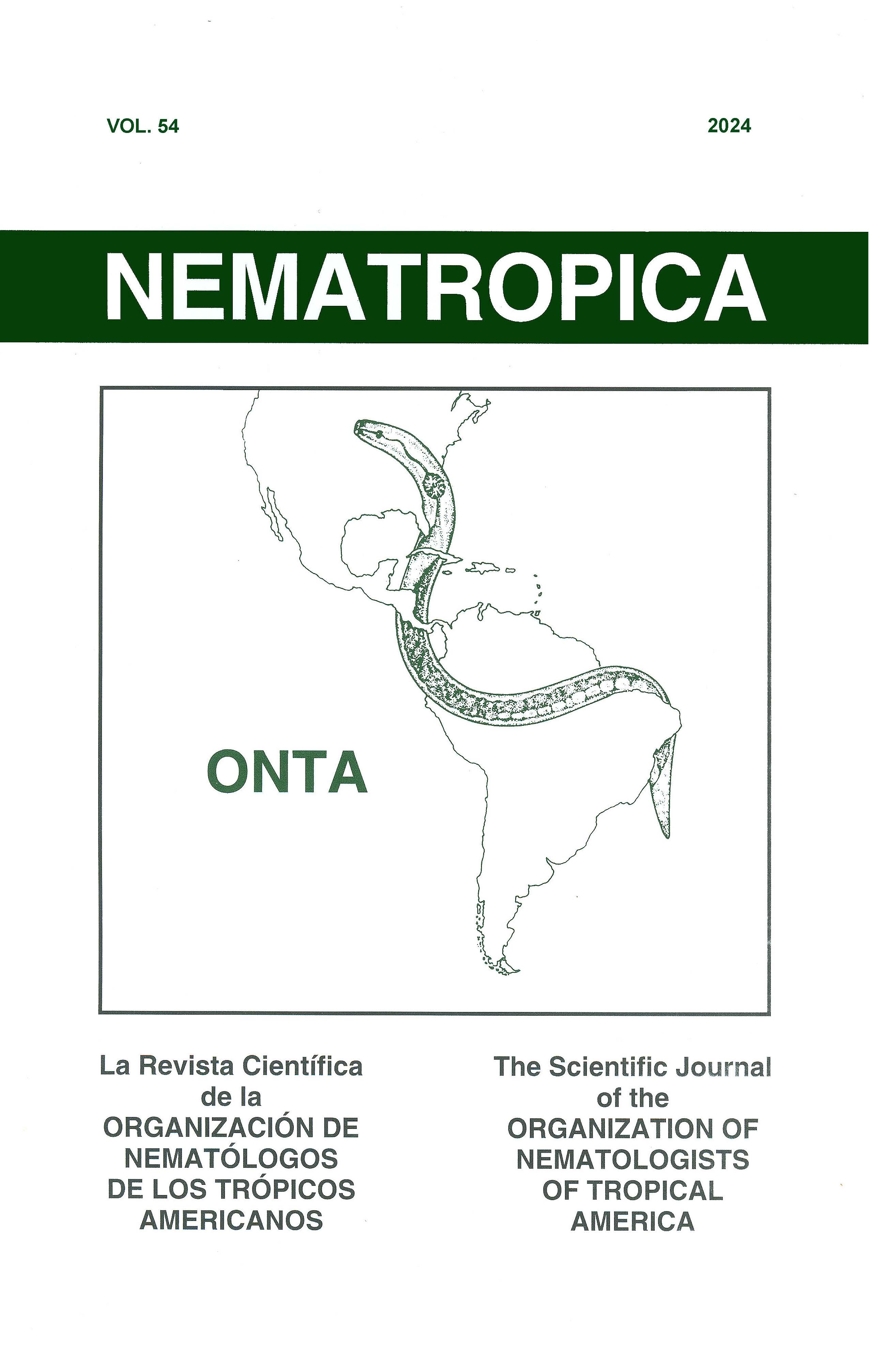MANEJO INTEGRAL DE NACOBBUS ABERRANS (TYLENCHIDA: PRATYLENCHIDAE) EN JITOMATE BAJO PRODUCCIÓN ORGÁNICA EN INVERNADERO
Abstract
Organic tomatoes are characterized by having better color, texture and flavor compared to conventionally grown tomatoes. The crop is affected by the nematode Nacobbus aberrans, which induces rosary galls and causes a deficient absorption and translocation of water and nutrients from the root system to other organs of the plant, as well as poor growth, and if there is production, the fruits are of low quality. Nacobbus aberrans is one of the most important nematodes associated with tomato in Mexico and, therefore, it is essential to have tools for nematode management. In this research, different soil treatments (mycorrhizae, antagonistic fungi, and neem extract) were used for nematode management in an organic production system. The objective was to determine the effect of biofumigation and integration with mycorrhizae (Entrophospora columbiana, Glomus intraradices, Glomus etunicatum, and Glomus clarum), antagonistic fungi (Trichoderma harzianum and Purpureocillium lilacinum), and plant extract from neem, Azadirachta indica on the integrated management of N. aberrans. Effects on root galling index and on the production, growth, root and aerial biomass of tomato under greenhouse conditions were determined. With the incorporation of the different strategies applied under integrated management, the production of first, second, and third quality fruits was increased at 128 days after transplanting (ddt). In the integrated soil treatments with mycorrhizae (seedling and transplanting) and neem oil extract (vegetative growth, flowering, fruiting, and production) and mycorrhizae (seedling), T. harzianum (transplant, vegetative growth and fruiting), P. lilacinum (vegetative growth and production), and neem oil extract (flowering), an increase in the number and weight of first and second quality fruits, growth (height, root and aerial biomass), total accumulated weight and the best profitability with gain per invested weight (GPI) of 0.59 and 0.47 were obtained.

